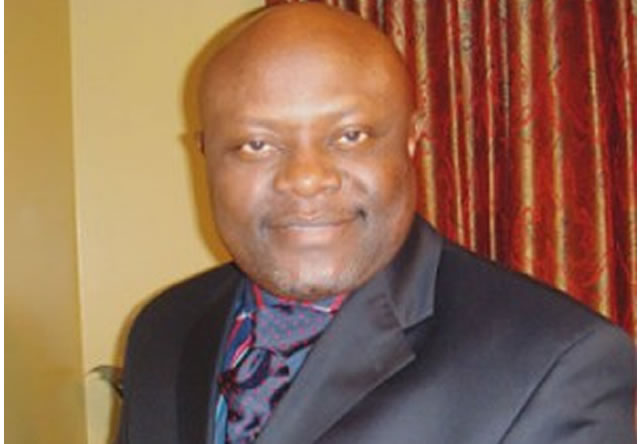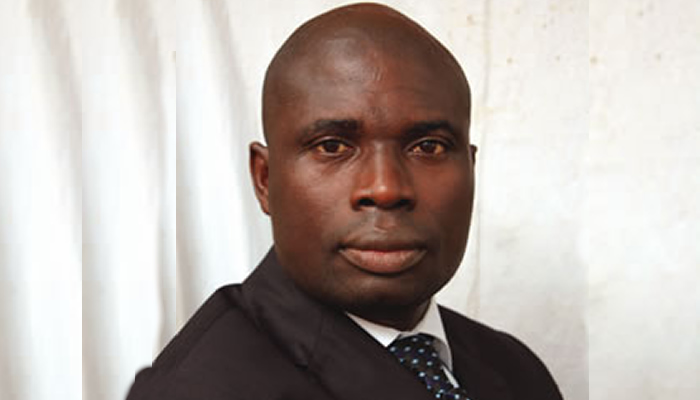By Femi Oluwasanmi
It is common knowledge that the flashpoint of the Academic Staff Union of Universities and Federal Government face-off is the 2009 agreement, which has undergone a series of renegotiations with great controversy. However, what seems to be obscured is the impact of the impasse on the country, particularly with the continuous circumnavigation in the wilderness of war against insecurity and economic quagmire.
On August 30, 2022, ASUU declared an indefinite strike after several rollovers that commenced on February 14. Some of its demands include the release of revitalisation funds for universities, renegotiation of the 2009 FGN/ASUU agreement and deployment of the UTAS payment platform for the payment of salaries and allowances of university lecturers, among others.
Before the current face-off, there have been several industrial actions with results synonymous to a motion without movement. This has affected the career of most students by elongating their period in school.
Accumulation of failure of the successive government to create enabling environment for businesses has worsened the saturated labour market with a scenario akin to that of scarcity in the midst of plenty. This has crippled the quest to attain self-reliance in production and services by opening floodgates for the importation of all kinds of products.
Those piloting the affairs of the country seem to have lost the compass with an ending policy somersault exacerbating the exodus of companies from the country. This is aggravated by the abysmal performance in the power sector despite the change and next-level choruses that characterised the 2015 and 2019 general elections.
As a matter of fact, what seems to have changed since 2015 is the method of corruption, the democratisation of insecurity across all the geopolitical zones, chronic poverty and educational backwardness that has bred more than 20 million out-of-school children roaming the streets. The surge in the operation of kidnappers and successes made in ransom collection from most of their victims seems to have gotten to the peak where nobody can predict the direction of the terror from these non-state actors.
Some of those that were kidnapped while travelling by train from Abuja to Kaduna State in March are still in the den of the kidnappers, while those that gained their freedom have to pay for it through a team of negotiators. Though, in the public, it is claimed that no ransom was paid.
The exponential growth in the killing and kidnapping industries across the country has shown that there is disequilibrium between the amount claimed to have been released in the war against insecurity and the security situation in the land.
A report titled, Nigeria Security Situation, by Beacon Consulting, shows that since 2016, Nigeria has spent more than N10.82 trillion on defence yet insecurity continues to accelerate at an unprecedented rate. For instance, 2,357 cases of violent attacks were reported in the country from January to June 2022, representing a 47.5 per cent increase from the 1,235 attacks witnessed in the same period in 2021.



